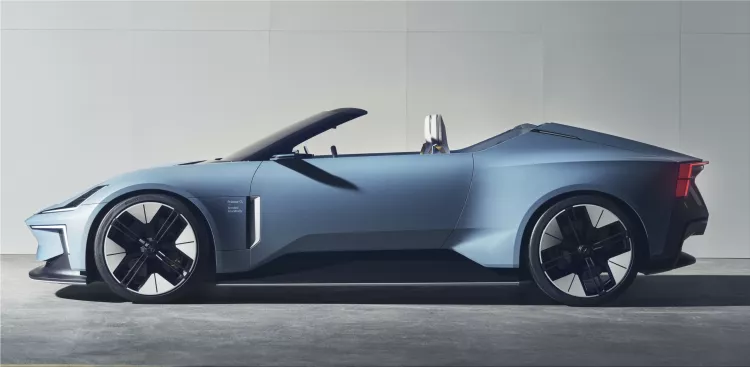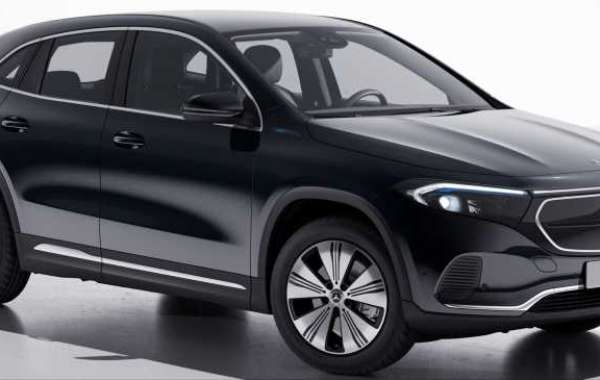As of now,India's automobile industry is on the path to independence. Electric Vehicles will grow in popularityif the correct rules and incentives are implemented. The most intriguing thing is that the Indian people gradually shift to electric vehicles, which is equally noteworthy. There is little doubt that government action and legislation play an essential role in boosting electric transportation. Several efforts and regulations have been put in place by Indian officials to encourage electric vehicles in the country.Since 2010, battery prices have fallen by 73%, andelectric carsare expected to be as affordable as gasoline-powered cars. A 25 percent rise in the GDP share of manufacturing in India is predicted by 2022 due to the Make in India program's production of Electric Vehicles and related components. Even in economics, the widespread use of Electric Vehicles is predicted to save money on oil imports. Our country's future is expected to be electric automobiles.
A national policy effort to promote e-mobilityhas also been made in collaboration. The National Electric Mobility Mission Plan and the Faster Adoption and Manufacturing of Hybrid andElectric Car Schemewere announced to aim for an electric future for cars. In addition, those who are eager to participate in Electric Vehicles are eligible for state-level loan subventions and income tax rebates. As a result, electric cars now have a GST charge of just 13%. Another recent announcement from ride-sharing giant OLA is its mission electric, which seeks to put one million electric vehicles on the road by 2021. In addition, the National Auto Policy proposed that green mobility be encouraged through favorable legislation and economic incentives.India aspires to have all of its cars be electric by 2030. India's move to electric vehicles will be helped and sped up by more government support, falling costs of technology and production, rising national interest in Electric Vehicles, terrible pollution levels, etc.

Electric vehicles are several recent advancements and developments in the automotive sector soon become a shining reality in India. Indian manufacturers are jumping into the electric car market to take advantage of the country's expanding market potential, which global automakers have previously controlled. Of particular note is the growing willingness of the Indian public to embrace the shift to electric vehicles. According to a recent poll, most consumers will consider purchasing electric automobiles by 2022. We have witnessed a considerable change in both technology and people's perceptions of the impact of cars on the environment.E-mobility is gaining traction in India, thanks in part to public transportation. Despite some encouraging advancements, e-mobility charging infrastructure is nevertheless a source of worry. Economical pricing and lower operating costs have made e-rickshaws a popular mode of public transportation in Indian cities. It is hoped that more corporations and private investors will join the E-rickshaw charging station market in Delhi with further incentives. Another sign of increasing interest in personal electric cars is the recent halt in sales of electrically powered automobiles. Because of their importance to India's entire transportation system, analysts agree that two-wheelers are the EV segment's largest and most booming market. More than a quarter of Indians use bicycles or two-wheelers to go to and from work because they are a dependable and cost-effective mode of transportation. In 2019, 1.56 million electric vehicles were sold, of which 1.52 million were two-wheelers. There is little question that the two-wheeler sector will gain more traction in the future, and we are doing everything we can to make electric cars India's future.
However, several significant firms are taking part in this category as well. Recent developments concerningTesla's plans to build a manufacturing plant in India have sparked a new wave of optimism in the automotive industry. As Tesla enters the market, Electric Vehicles will become more accessible to a broader audience. Electric vehicles may gain popularity with the appropriate combination of marketing hype and financial incentives. Fast-charging batteries and longer driving ranges are two of the most compelling selling points for electric automobiles. Major automobile manufacturers are now developing batteries that are long-lasting, safe, and capable of storing a large amount of energy. Today's technology makes lead-acid batteries and lithium-ion batteries the best choices. As recently, carbon additions in lead-acid batteries have dramatically improved battery performance, making them more viable for usage in personal and commercial vehicles alike.
On the other hand, lithium-ion batteries can charge quickly and function well in the most recent electric vehicles. Incorporating less electrochemically active metals in lithium-ion batteries today also reduces fire risk due to oxidation. BASF is a crucial provider of active cathode material (CAM) to platform-leading car OEMs and battery manufacturers. With their designed carbon, lead-acid batteries can last up to three times as long. In addition to the economy, safety is critical to the long-term success of electric cars. It is possible to cut down on weight, defend against flames and short circuits, and use highly developed materials that can resist physical and chemical deterioration to achieve a great deal. BASF has also created a series of cool pigments to assist in keeping the cabin temperature at a more manageable level. These changes help cars with bigger batteries, which are more likely to be heavy and need better ways to get rid of heat.
Electric vehicles are effective because they employ regenerative braking to recover energy that would otherwise be lostand because of the high productivity of their engines, even at low speeds. As a result of the Indian economy's slump, electric vehicles have become a necessity in India, where they were initially intended. There is no doubt thatelectric vehicles are the futureof India, and we can expect to see more electric vehicles on the market in the coming years.








